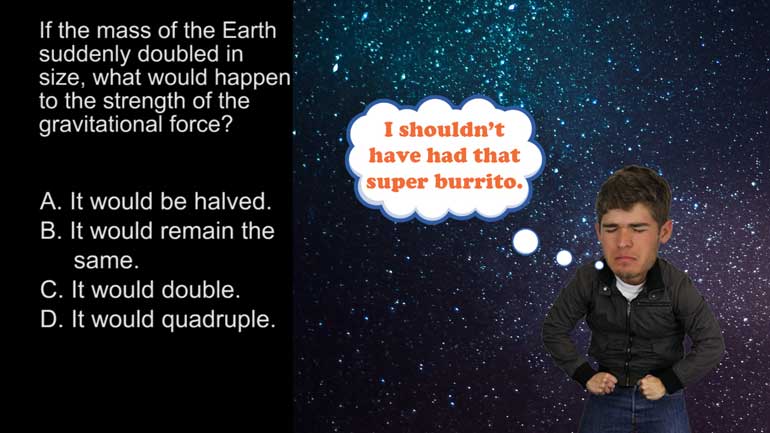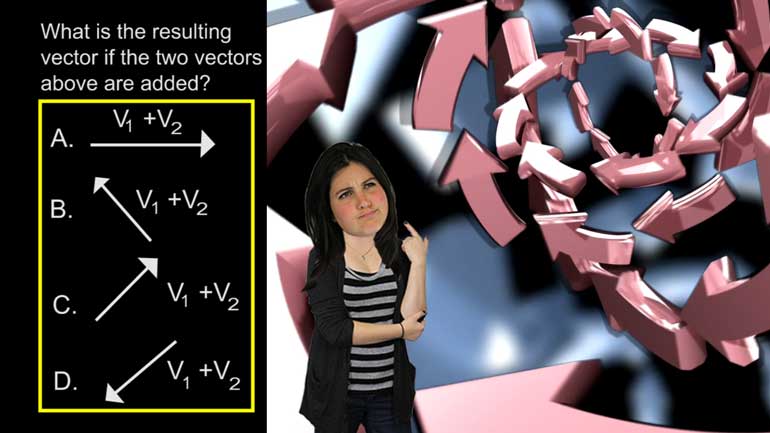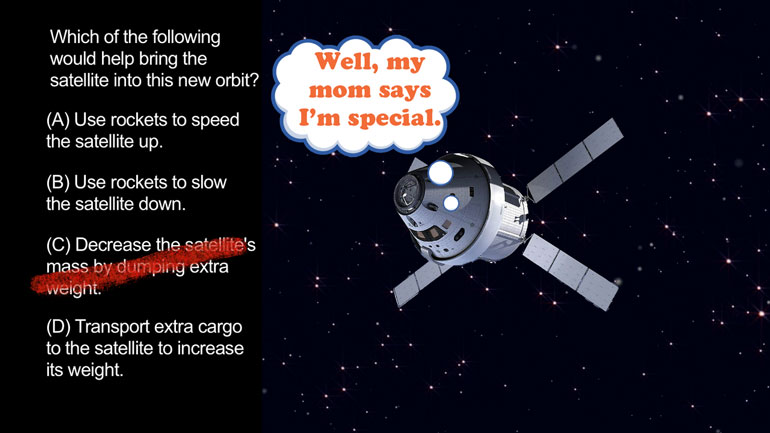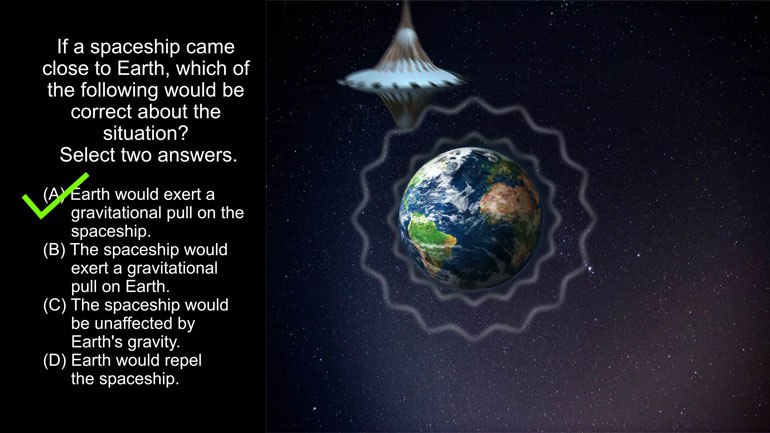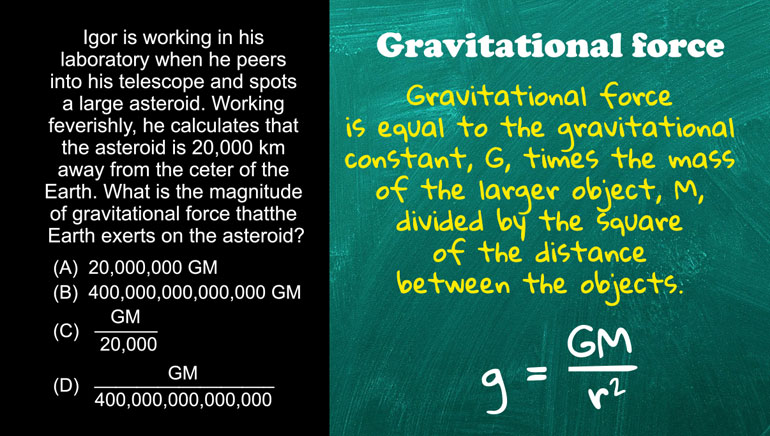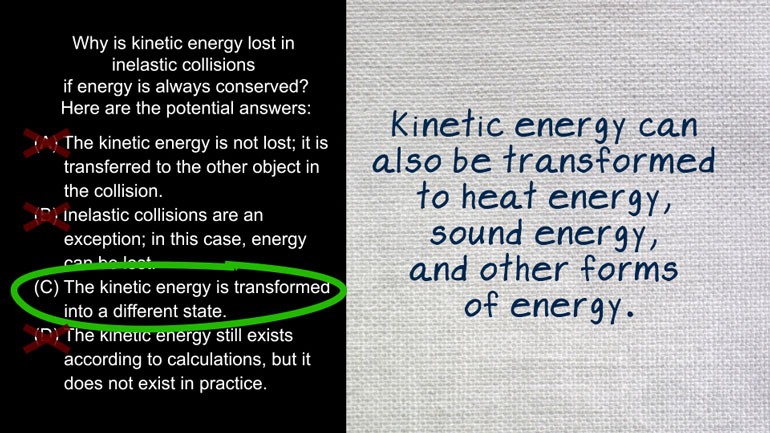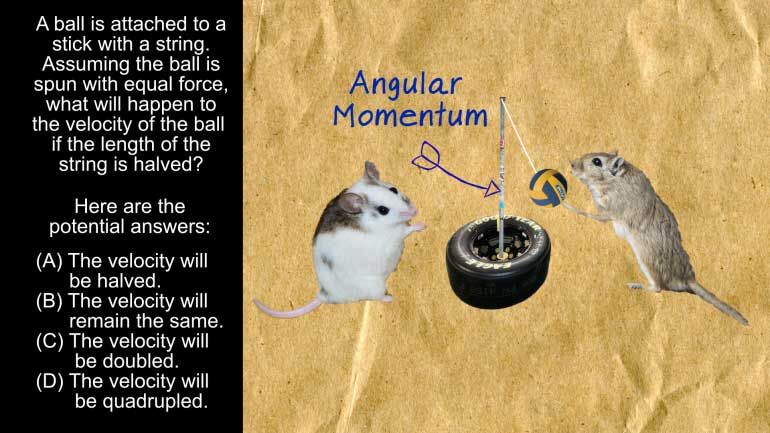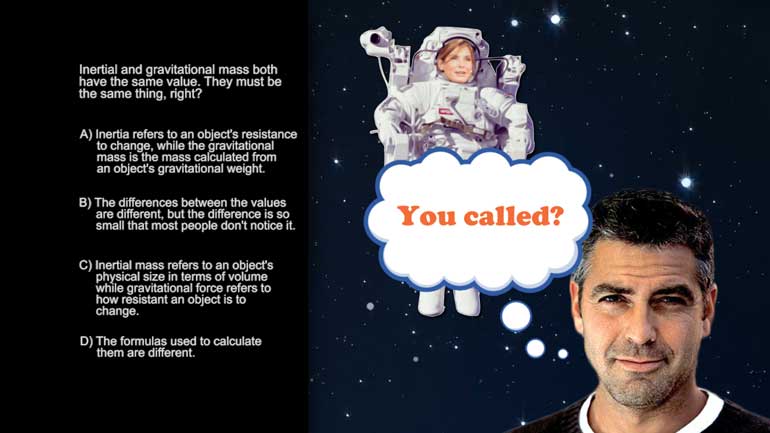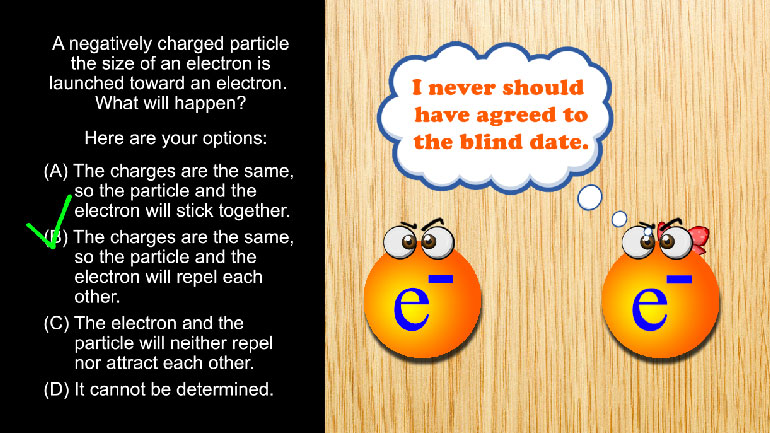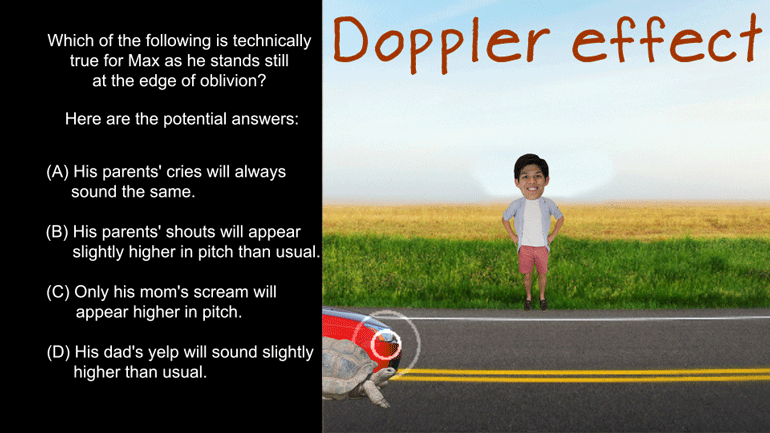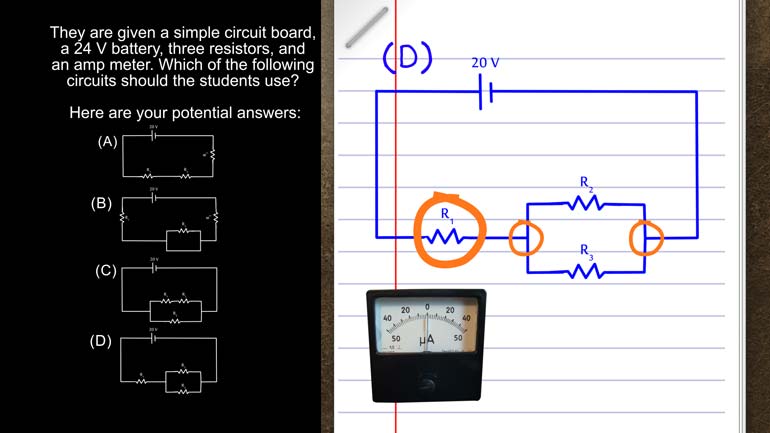ShmoopTube
Where Monty Python meets your 10th grade teacher.
Search Thousands of Shmoop Videos
Science Practice 3 Videos 10 videos
AP Physics 1: 2.5 Changes and Conservation Law. At what point(s) in this situation is energy lost in any form?
THE EARTH'S MASS IS ABOUT TO DOUBLE. Sorry for the extreme tone; we just want to make sure you understand the...gravity of the situation.
AP Physics 1: 1.4 Fields in Space. What is the resulting vector if the two vectors above are added?
AP Physics 1: 3.3 Fields in Space 173 Views
Share It!
Description:
Maybe if the dinosaurs had paid more attention in AP Physics, they could've figured out a way to avoid that pesky extinction problem. Oh well. Solve this question in fond memory of all the dinosaurs.
Transcript
- 00:03
Here's your shmoop du jour brought to you by mad scientists worried you're
- 00:07
going mad? take a second to watch some cute cat [White cat appears]
- 00:09
videos you know those always take the edge off for us alright
- 00:13
Igor is working in his laboratory when he peers into his telescope and spots a
- 00:18
large asteroid working feverishly he calculates that the asteroid is twenty [Asteroid and earth collision drawing]
Full Transcript
- 00:22
thousand kilometers away from the center of the earth
- 00:25
what's the magnitude of gravitational force that the earth exerts on the
- 00:30
asteroid huh and here the potential answers....... Igor is stressed but we
- 00:36
can't blame him, there's an asteroid out there and he needs to make sure [Asteroid heading towards Earth]
- 00:39
everything stays groovy here on earth now in order to answer this question we
- 00:44
need to remember the formula to figure out gravitational force that equation
- 00:48
goes a little something like this gravitational force is equal to the [Gravitational force equation appears]
- 00:51
gravitational constant G times the mass of the larger object M divided by the
- 00:59
square of the distance between the objects that distance here is the radius
- 01:03
which is shown as R in the equation right there so GM over R squared now the
- 01:08
question doesn't tell us what the mass of the earth is the only number we know
- 01:12
for sure is the distance between the asteroid and the center of the earth
- 01:15
which is 20,000 kilometers so we need to square that number in order to calculate
- 01:20
the gravitational force but wait we need to convert those kilometers into meters
- 01:25
we've got to use standard units because well they're standard for a reason [standard units appear]
- 01:29
20,000 kilometers is 20 million meters and 20 million squared is 400
- 01:35
quadrillion so the correct answer here is D) and boy that's a whole lot of
- 01:40
meters now to answer question like this we need to memorize the equation there's [Boy's head opens and equation appears]
- 01:43
no way around it people now listen carefully...G equals GM over R squared G
- 01:50
equals GM over R squared...... G equals GM over R squared
- 02:00
and now we're starting to understand why scientists go mad
Related Videos
AP Physics 1: 2.5 Changes and Conservation Law. At what point(s) in this situation is energy lost in any form?
AP Physics 1: 1.4 Waves. Which of the following is technically true for Max as he stands at the edge of oblivion?
AP Physics 1: 1.4 Changes and Conservation Laws. Find the current across R2.
AP Physics 1: 2.4 Changes and Conservation Laws. Which of the following circuits should the students use?
AP Physics 1: 1.5 Waves. What can possibly occur when the two waves reach each other?

